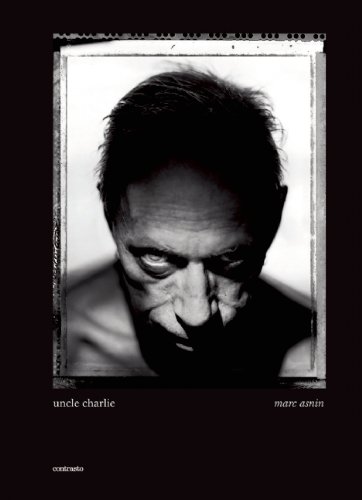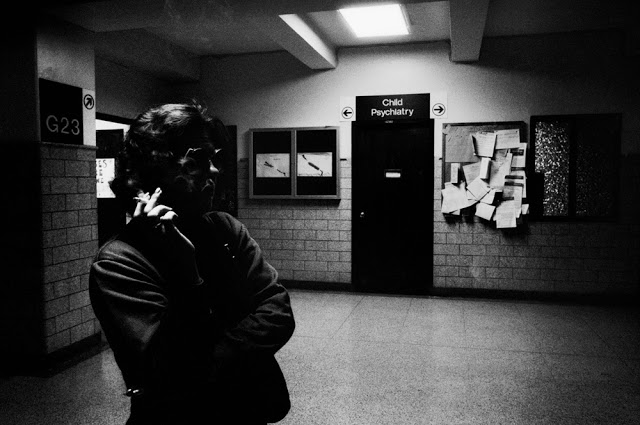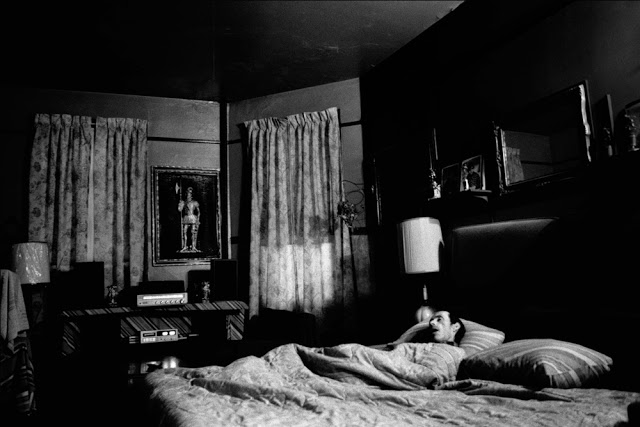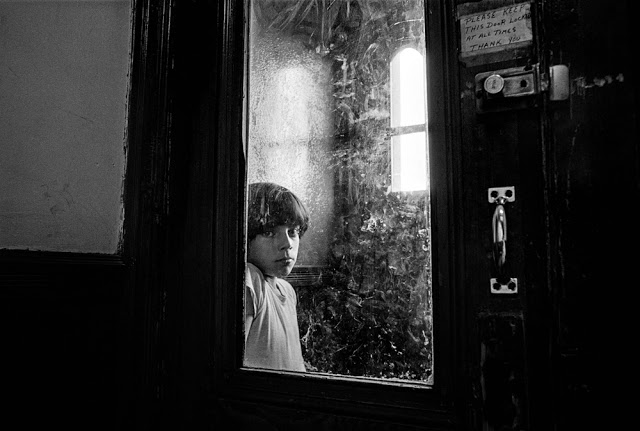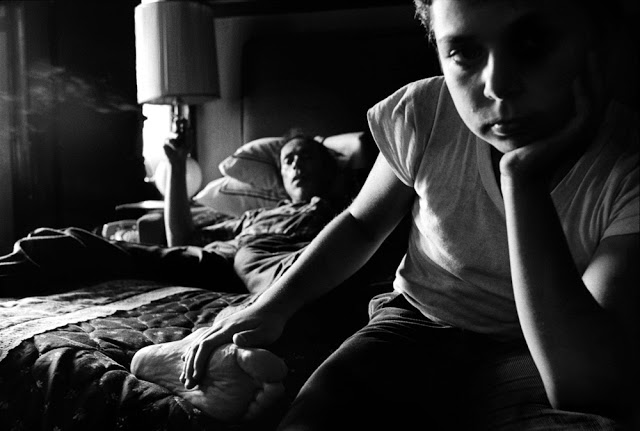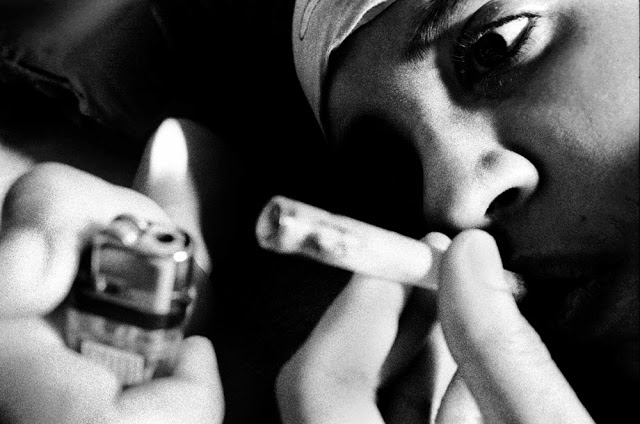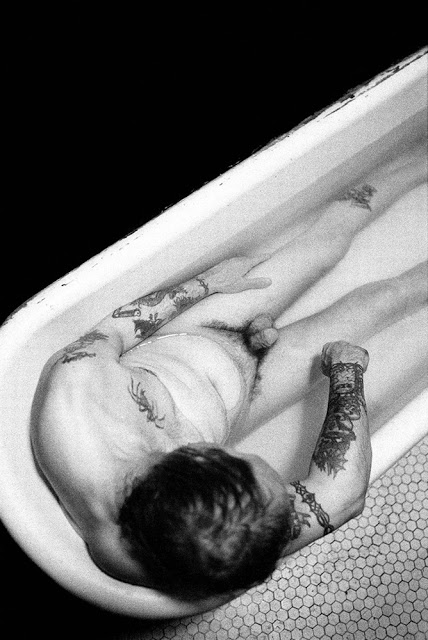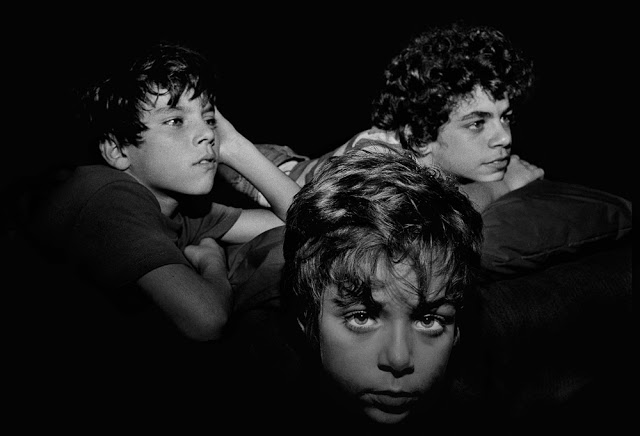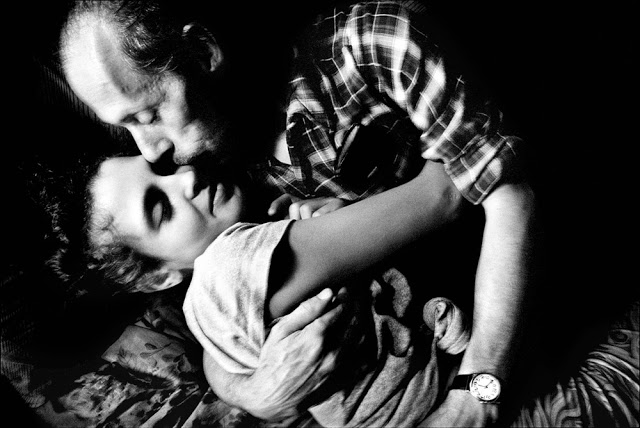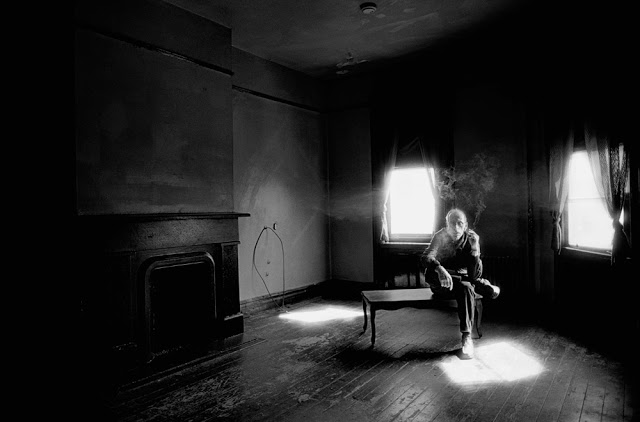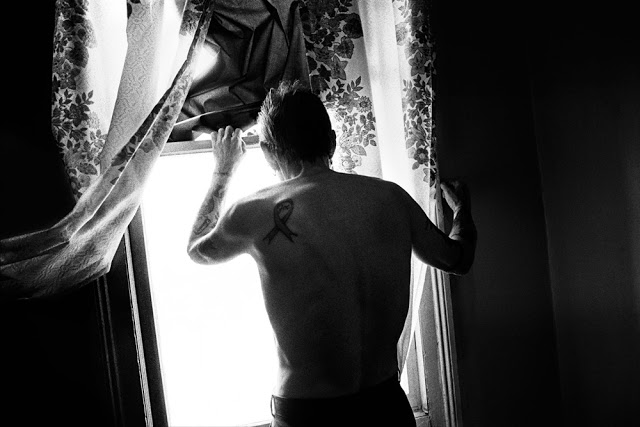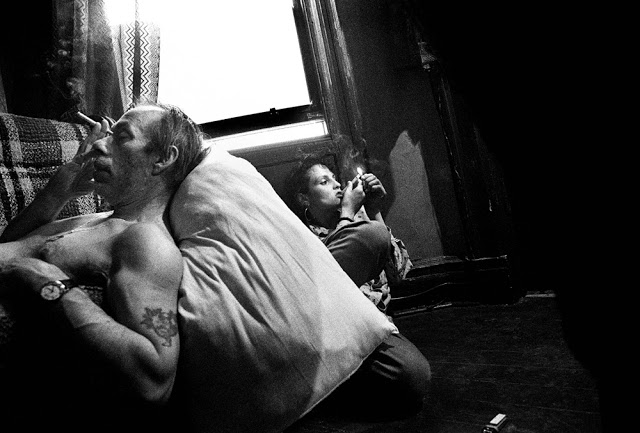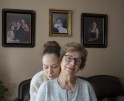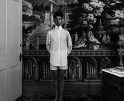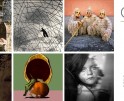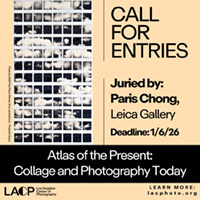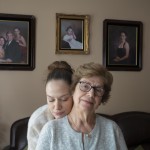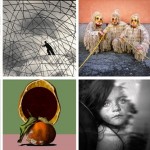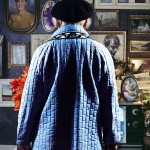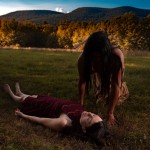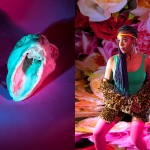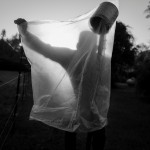CENTER AWARDS: Curator’s Choice Awards 1st Place: Marc Asnin
Tina Schelhorn, Curator of Kolga Tbilisi Photo and founding Director of Galerie Lichtblick in Germany selected three winners for CENTER’s Curator’s Choice Award, first place going to Marc Asnin, 2nd place to Melissa Moore, and 3rd place to Yan Wang Preston. Today, Lenscratch features Marc’s work, and tomorrow, Melissa and Yan’s. Marc’s prizes include participation in Review Santa Fe, an invitation to participate in the Art Photo Index, a portfolio review through the Eyeist, a $125 gift certificate for Singer Editions printing, an online exhibition at VisitCenter, and today’s feature on Lenscratch.
Tina’s juror comments are below:
Being a juror is a great honor, a great challenge and great fun. Starting with around 480 photographers with mostly 6 images each is a hard task…. first round browsing through the images makes you dizzy and overwhelmed with visual signals from the diversity and wide range of different photographic perspective, styles and ideas.
After this first overview, which is important to get a feeling for the kind of works you are dealing with, you get into a flow and going through the series again and again you are able to extract part by part what is important to you in this special selection. Judging is a very personal, subjective experience. It reflects the vision of the judge just as the work created reflects, or should, the vision of the photographers. I am a curator and doing exhibitions for nearly 30 years, I look at series of images and in my mind try to make an exhibition of it…. I look for a narrative, a story, a rhythm, a vision. The fine-tuning in the end from a shortlist of 20 photographers to the final three prizes was difficult, but highly exiting. I selected 3 complete different bodies of work…. works that attracted or provoked my attention again and again, surprised me and triggered something.
Marc Asnin confronts us in this long term documentary with the life of his uncle. His intense black-and-white photographs portray a multi layered personality and lets us participate in everything in the life of Uncle Charlie: … sex, drugs, guns, anger, pain, tenderness, love. Its a brilliant visual narrative.
A big thank you to all participating photographers for sharing their works and visions with me. With this selection you gave me the opportunity to share my view on the visual world today and my perception of the synchronicity and layers of images of reality.
Uncle Charlie was my favorite uncle. He’s my godfather. My grandfather was a grade-A hood, hustling, pimping women, abusive. My mother got out, but Uncle Charlie never did. My mother made sure I had an education. I went to art school. In 1981, I started realizing that my uncle was an interesting person to take pictures of, and it became my family album. Charlie is fifty-one years old now and his life is a mess. He blames his kids, he blames his ex-wife, he blames my mother—he thinks he is the ultimate victim. I know enough about his life to know how he got there, but emotionally I can’t cut him any slack. I know it’s because he had an abusive childhood, but that doesn’t give you the right to fuck up your kids. Still, you know, I feel for him. He’ll always be my Uncle Charlie.
Marc Asnin has been photographing his Uncle Charlie for eleven years. Charlie and his five children (Charles, Joe, Brian, Mary, and Jamie) lived together in Bushwick, Brooklyn. This is the story of his tattos, his guns, his uneployment, his illness, his poverty, and his drug problems.
Uncle Charlie says he never had a friend. That no one listened then, and no one listens now. After thirty years of photographing him, I am the last guy standing, the only constant in Charlie’s life.
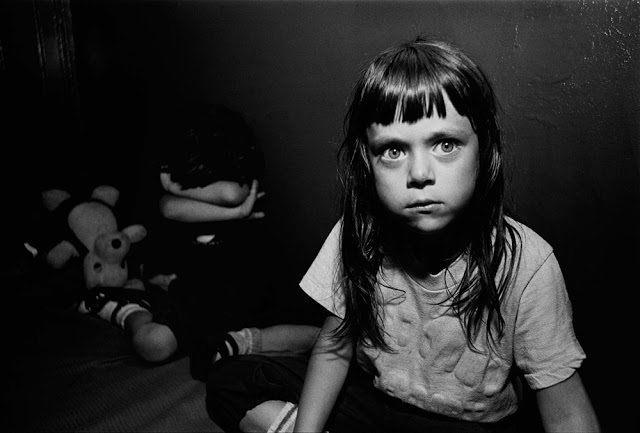
My uncle was born into dysfunction and he bred dysfunction throughout his life. Much like his fatherUncle Charlie says he never had a friend. That no one listened then, and no one listens now. After thirty years of photographing him, I am the last guy standing, the only constant in Charlie’s life. My uncle was born into dysfunction and he bred dysfunction throughout his life. Much like his father, Uncle Charlie has ended up by the window, a shell of himself, looking out onto a world that never had a place for him, waiting for a chance that didn’t come. But he survived. Through it all, he survived. And no one can take that away from him. People often ask me what Uncle Charlie is about. After thirty years, one would think I would be able to easily sum it up. But this book is life, raw unintelligible life; the life of one man, my uncle, and as in life, there are no easy answers or summaries. It’s about broken dreams, disappointment, and having the resiliency to find slivers of happiness in an oppressed existence. It’s about consequences, missed opportunities, delusions and loss. It’s about having the guts to look intensely at the familiar and process what’s in front of you, taking an account of your family, your society and what is said about both. It’s about a relationship between two men, from two generations, living very different lives, bound by family. It’s a collaboration of sorts: his words and my images. It’s my dance with my godfather.
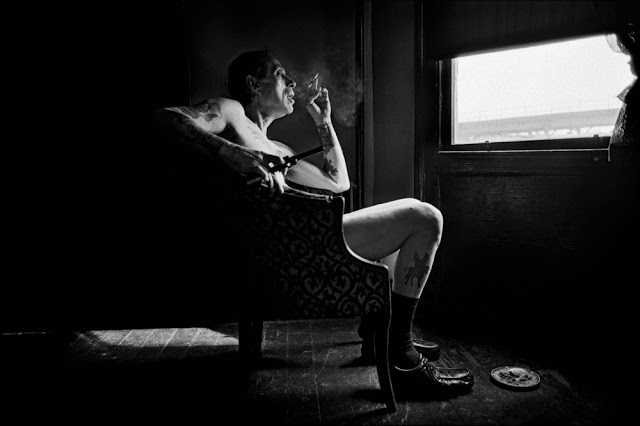
When I look back on all the time I spent with my family, I wonder about the different roles that I played. Was I primarily the documentarian, his nephew, their cousin, or just the only one who listened? I’m sure I was all of these at different times.
To be ignored in life and eventually forgotten in death is a terrible thing. I think this book has given my uncle the dignity to tell his own story in his own words, a chance to step up onto an imaginary stage before an anonymous audience and be heard. He has always considered his life an untold tragedy, at times comparing it to Hiroshima. He got the chance he always wanted: to be heard. In exchange, the world also gets the chance to look back in through the window that Charlie sits by everyday and see what’s on the other side.
I’m still wondering who I am in my Uncle Charlie’s life. Did my mother give him his only friend in the world? Why did Charlie choose to share his life with me? Maybe all these questions I have to carry with me have no answers. Maybe this hope for understanding my uncle is my “Godot”.
Posts on Lenscratch may not be reproduced without the permission of the Lenscratch staff and the photographer.
Recommended
-
Yorgos Efthymiadis: The James and Audrey Foster Prize 2025 WinnerJanuary 2nd, 2026
-
Arnold Newman Prize: C. Rose Smith: Scenes of Self: Redressing PatriarchyNovember 24th, 2025
-
Celebrating 20 Years of Critical Mass: Cathy Cone (2023) and Takeisha Jefferson (2024)October 1st, 2025
-
Celebrating 20 Years of Critical Mass: George Nobechi (2021) and Ingrid Weyland (2022)September 30th, 2025
-
Celebrating 20 Years of Critical Mass: Amy Friend (2019) and Andrew Feiler (2020)September 29th, 2025

